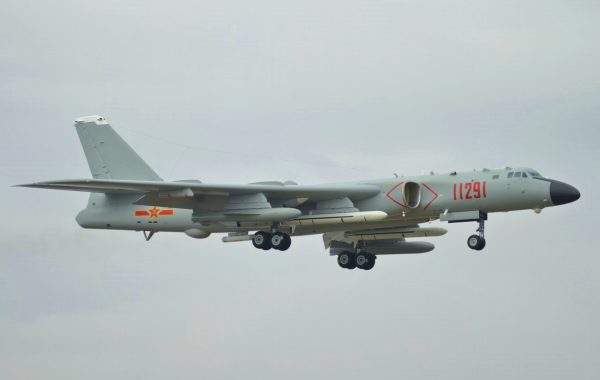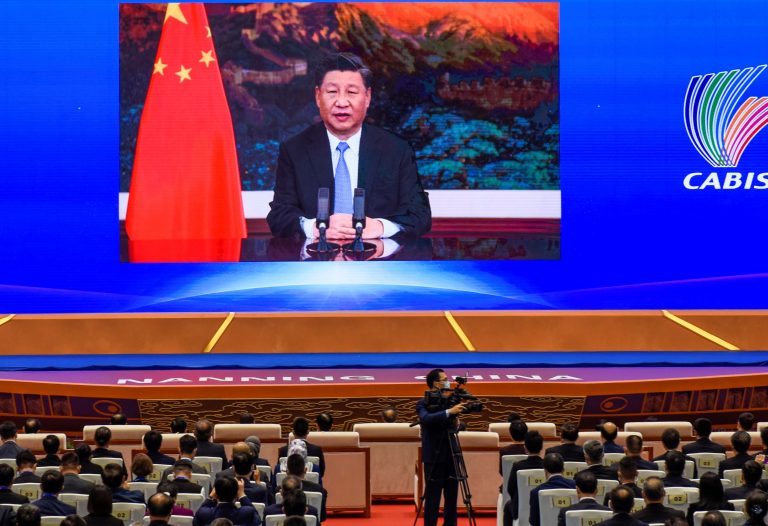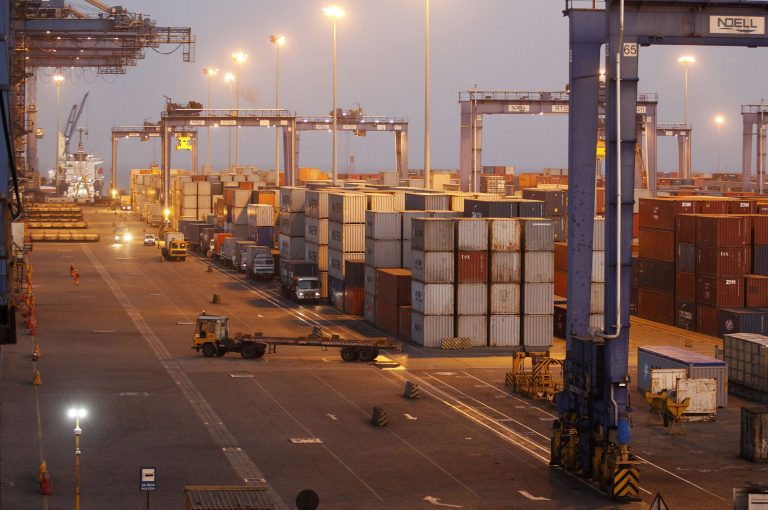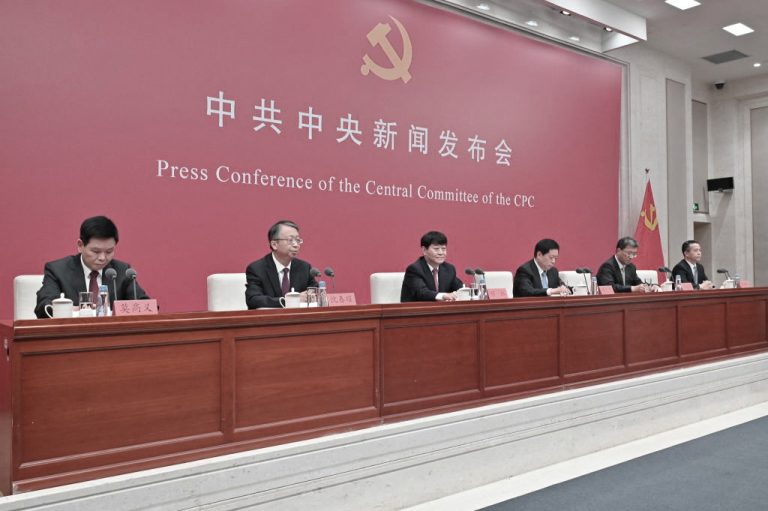Chinese leader Xi Jinping met with leaders at the 10-country Association of Southeast Asian Nations (ASEAN) summit on Monday, Nov. 22.
The summit saw representatives from Brunei, Cambodia, Indonesia, Laos, Malaysia, the Philippines, Singapore, Thailand and Vietnam. Myanmar did not send a representative to partake in the meeting and the reason for the nation’s non-attendance was not made clear.
Xi said the China-ASEAN virtual summit, which is being held to celebrate 30 years of open dialogue, would help stabilize regional peace and development, according to Chinese state media.
China would never seek hegemony or take advantage of its size to “bully” smaller countries, Xi said. He also said Beijing would work with ASEAN to eliminate “interference” stemming from maritime control issues.
While spending trillions on its “Belt and Road” (BRI) infrastructure projects across Eurasia and Africa, the Chinese Communist Party (CCP) under Xi has taken a more aggressive “wolf warrior” approach to diplomacy, characterized by harsh invective and threatening military maneuvers.
Recent years have seen the communist regime’s air and naval forces establish a permanent presence in the South China Sea, almost the entirety of which Beijing claims belongs to China. The CCP has likewise put the democracy in Taiwan on notice, sending combat jets and aircraft carriers around the island in attempts to prevent its government from moving towards formal independence from China.
The Chinese regime has also stepped up cooperation with Russia, holding an increased number of drills with the long-time military power. Earlier this month, the two countries sent bombers into the Sea of Japan and East China Sea.
In the Himalayan mountain range, Chinese soldiers have clashed with Indian troops over disputed border lines; Beijing has also deployed bombers to the region.

Such actions have led to distrust and concern among China’s southern neighbors, particularly those with their own claims to waters in the South China Sea.
However, “China was, is, and will always be a good neighbor, good friend, and good partner of ASEAN,” state media quoted Xi as saying.
US President Joe Biden also met with ASEAN leaders virtually on Oct. 26 for the first time since Former President Donald Trump attended an ASEAN-US summit in Manila in 2017.
In his opening remarks to the summit, Biden said the United States was committed to the central role of the 10-nation ASEAN in the region to counteract an increasingly assertive China.
“The relationship between the United States and ASEAN is vital, vital for the future of all one billion of our people,” Biden said. “Our partnership is essential to maintaining a free and open Indo-Pacific, which has been the foundation of our shared security and prosperity for many decades.”
Biden also referred to a “shared vision for a region where every country can compete and succeed on a level playing field and all nations, no matter how big or powerful, abide by the law.”
Experts say the U.S. has an interest in working with ASEAN to ensure supply-chain resilience, tackling climate change issues and to address “common challenges on maritime issues.”
While planning to provide a modest sum to promote trade with ASEAN, the Biden administration has given no timeline on a regional trade framework Trump withdrew from in 2017.
Analysts said ASEAN leaders are looking forward to hearing how the U.S. plans to engage further on trade, foreign investment and infrastructure. Another priority for the summit is seeking assistance in providing COVID-19 vaccines to the region, which has struggled to recover after the pandemic.
Success
You are now signed up for our newsletter
Success
Check your email to complete sign up







